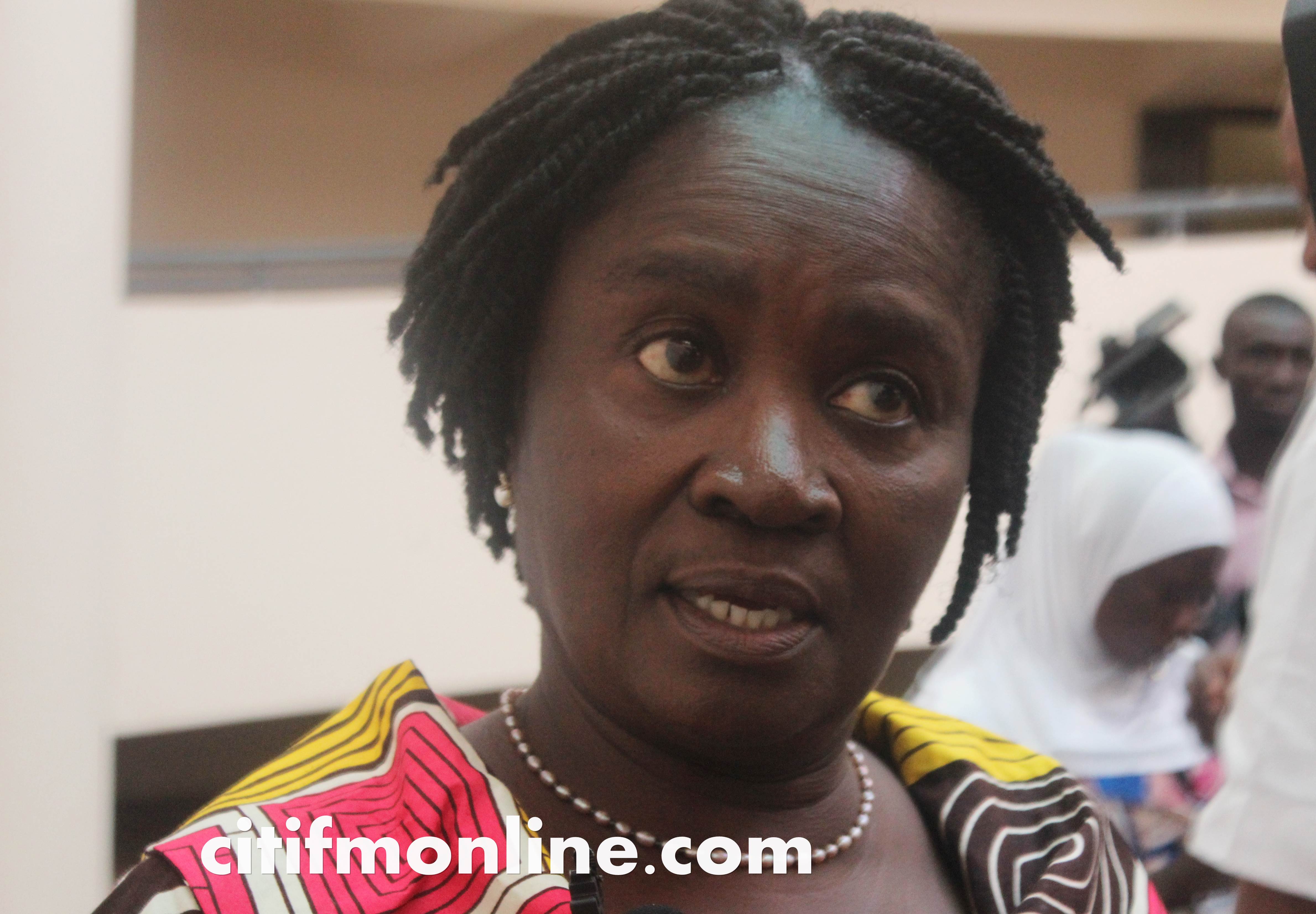Representatives of civil society organisations (CSOs), teacher unions and directors of education drawn from Northern, Upper East and Upper West Regions have kicked against the decentralisation of pre-tertiary education.
They have expressed fears that the attempt to fully decentralise the pre-tertiary education sector would result in the politicisation of the sector.
The representatives were speaking at a CSOs consultative meeting organised by the Ghana National Education Campaign Coalition (GNECC) and the Northern Network for Education Development with support from fhi360 and United States Agency for International Development in Tamale on Friday.
The meeting was to gather input of CSOs for the draft Education Bill 2015 to ensure that when passed into law, it would serve as the long-awaited vehicle for strengthening pre-tertiary education management, capable of producing the desired teaching and learning outcomes at both the basic and senior secondary levels.
The Ministry of Education and the Ghana Education Service (GES) has developed the Bill, which seeks to decentralise the pre-tertiary education system of the country by creating a Department of Education, Youth and Sports under the regional coordinating councils and the metropolitan, municipal and district assemblies.
The Bill 2015 also seeks to reconcile the GES Act of 1995, (Act 506) and Education Act 0f 2008, (Act 778), which are said to be contradictory making it impossible to decentralise the pre-tertiary education system.
The representatives were drawn CSOs such as Integrated Social Development Centre, Action Aid Ghana, Ghana Developing Communities Association, Ghana National Association of Teachers and National Association of Graduate Teachers.
They argued that appointment of directors of education and teacher promotions under a decentralised system could be considered based on political inclinations, which would not augur well for improved education delivery.
They, therefore, called for measures to avoid politicisation of the system so as not to defeat the purpose of decentralising pre-tertiary education.
They also made recommendations to various provisions of the Bill ranging from composition of District Education Oversight Team to School Management Committees to ensure efficiency.
Mr Frederick Otchere, Programmes Officer of GNECC said the fears of politicisation might not arise since appointment would be based on merit as vacant positions would be advertised for qualified persons to apply.
Mr Osman Mensah, a consultant who facilitated the meeting, said a fully decentralised pre-tertiary education system would ensure effective teacher management and supervision for quality education delivery.
Alhaji Mohammed Haroun, Northern Regional Director of Education said even though the current system is not fully decentralised, district directors of education are authorised to take certain decisions as well as award contracts, adding that the new system would ensure quick decision making leading to efficiency.
–
Source: GNA


